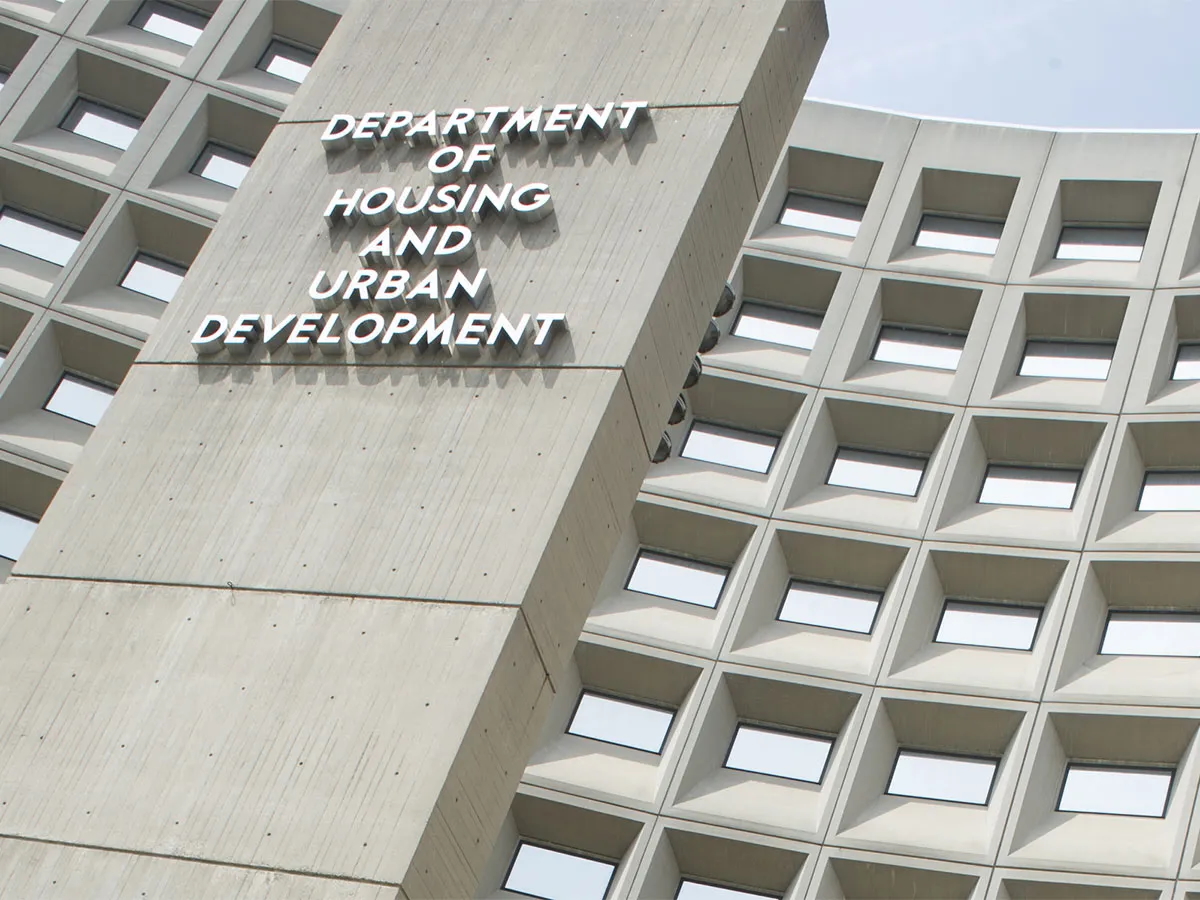A FEDERAL JUDGE has temporarily blocked the Trump administration from imposing conditions on millions of dollars in federal grants to San Francisco and Santa Clara County.
The lawsuit was brought May 2 by San Francisco City Attorney David Chiu on behalf of the city and was joined by seven other cities and counties, including Santa Clara County and King County, Washington, as well as New York City and Boston.
The plaintiffs asked the court to impose an immediate temporary restraining order to block the government from freezing the funding or enforcing the conditions, pending further hearing. On Wednesday, a judge in U.S. District Court in Washington state accepted the argument and entered a temporary order to preserve the status quo.
The suit arises from federal grants awarded to cities and counties to fund the “continuum of care” established under the McKinney-Vento Homeless Assistance Act. The grants can be used to fund shelters and housing as well as provide childcare, health care and skills training. San Francisco and Santa Clara County have relied on prior grants to provide homeless services.
Under the act, Congress directed the U.S. Department of Housing and Urban Development to issue grants for homeless services on a competitive basis using selection criteria established by the agency in accordance with the act.
The funding for these grants is on a two-year cycle and made from congressional appropriations made in advance. In this case, appropriations were made in 2024 to cover the 2024 and 2025 fiscal years.
In January 2024, HUD issued notice of the process and timeline for applying formally for the grants.
Tens of millions… with strings attached
On Jan. 17, 2025, shortly before Trump’s inauguration, HUD issued a list of “conditional awards” for FY 2024. All of the plaintiffs were on the list and their total awards aggregated $280 million. San Francisco’s award was $50 million and Santa Clara County’s $34 million.
Under the usual HUD contracting process for these grants, after a conditional award the agency prepares and sends a draft contract to the recipient.
When the plaintiffs received their contracts, they discovered that they included a grab bag of grant conditions that were not in the award, nor, according to the plaintiffs, authorized by the act.
The conditions derived from executive orders issued by the president after his inauguration that targeted DEI (diversity, equity and inclusion) programs, immigration, sanctuary cities, gender ideology and abortion.
The contracts required the recipients to agree that the grants were not only governed by the act, but also by the executive orders.

One condition required recipients to certify that they do not operate DEI programs that violate federal anti-discrimination law, even though the plaintiffs say that condition essentially requires them to agree to “the Trump administration’s novel, incorrect, and unsupported interpretation of federal nondiscrimination law as barring any and all DEI programs.”
Another forbids a grant recipient from using “funding in a manner that by design or effect facilitates the subsidization or promotion of illegal immigration or abets policies that seek to shield illegal aliens from deportation.”
Others prohibit the use of funds to promote “gender ideology” or abortions.
The plaintiffs allege that the conditions have been illegally imposed because they have not been authorized by Congress and violate the constitutional separation of powers between the three branches of government.
The Constitution allocates the spending power to Congress and requires the president and the executive branch to ensure that the laws enacted by Congress are “faithfully executed.”
Prior court decisions have established that the executive branch cannot use its control over the delivery of funding to impose conditions that are outside the authorization of Congress and unrelated to the federal interest in the program.
Ruling shows likelihood plaintiffs would prevail
Another line of cases has found it unlawful to force recipients of federal grants to give up their constitutional rights in order to obtain finding.
For example, a 2013 decision of the U.S. Supreme Court struck down an attempt to require domestic recipients of HIV grants to adopt policies against prostitution, while a 2020 decision found that approach acceptable when the grants were awarded to non-U.S. Providers who had no First Amendment rights.
District Judge Barbara Rothstein of the U.S. District Court in Washington state issued a succinct opinion. She said that a temporary restraining order is only appropriate when the plaintiff shows that it is likely to be successful in its lawsuit and also would be irreparably harmed if the defendants were allowed to go forward with the challenged conduct or practice until a hearing can be held.
“We are grateful for this interim relief and will continue to stand up in court for San Francisco’s values, funding, and communities.”
San Francisco City Attorney David Chiu
Here Rothstein thought the plaintiffs were likely to prevail on their separation of powers argument. Because the grant funding was to be used to provide support and services to vulnerable people, she thought the likelihood of irreparable harm was obvious.
The order will last 14 days, during which time the court will consider whether to issue a preliminary injunction to extend the order until the case can be fully litigated.
Chiu said in a statement, “We are grateful for this interim relief and will continue to stand up in court for San Francisco’s values, funding, and communities.”
He added, “These new grant conditions blatantly violate the Constitution and have nothing to do with the purpose or performance of these grants. This is part of Trump’s strategy to push his ideology by threatening local programs and budgets.”
The post Judge preserves millions in federal homeless grants to Bay Area that Trump sought to limit appeared first on Local News Matters.
